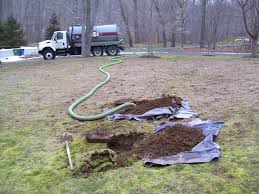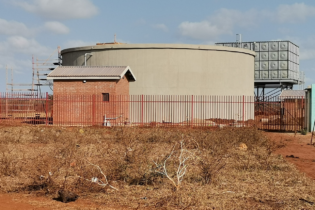Biozone Manufacturing has been supplying turnkey packaged sewage treatment plants for over a decade.
“Septic tanks remain an excellent, cost effective sewage option for domestic users, provided they are properly designed and well maintained. There’s a definite market for septic tanks and Biozone’s bioremedial sewage treatment solutions add to the attractiveness of these systems,” says Wright.
Bioremedial sewage treatment solutions are like probiotics for septic tanks and help revive and restore these systems resulting in much less odour.
That’s according to Ian Wright, CEO of organic air, water and sewage treatment firm, Biozone. Wright says natural sewage reclamation solutions, like theirs, reduce the frequency of septic tank pump-outs and extend the life of these systems.
Septic tanks remain popular in South Africa due to the limited availability of waterborne sewage in many areas.
In addition, municipalities billing homeowners separately for water and waterborne sewage means most of people are effectively paying twice over for the same water. This has led to homeowners investigating alternatives to municipal sewage systems.







